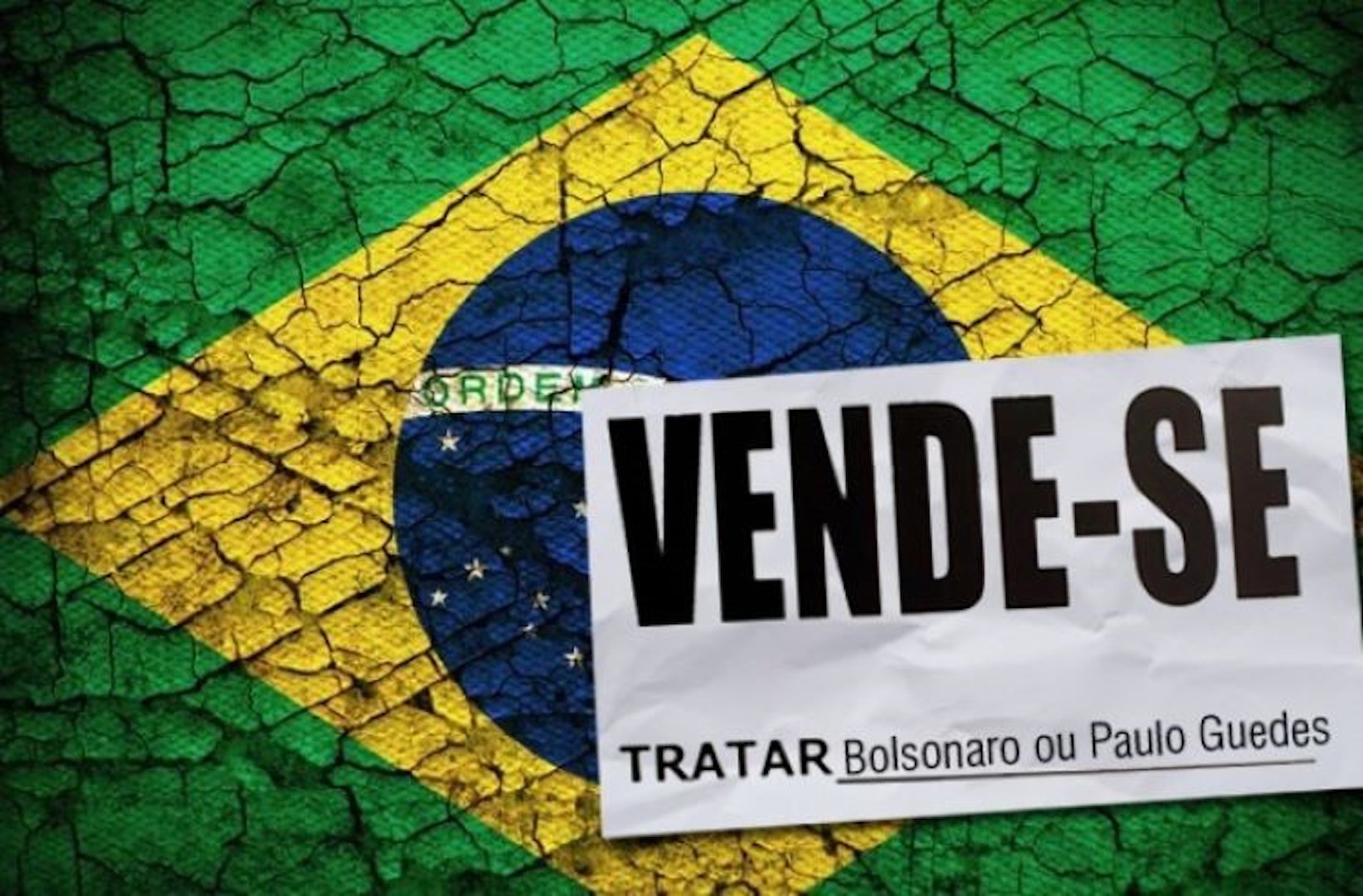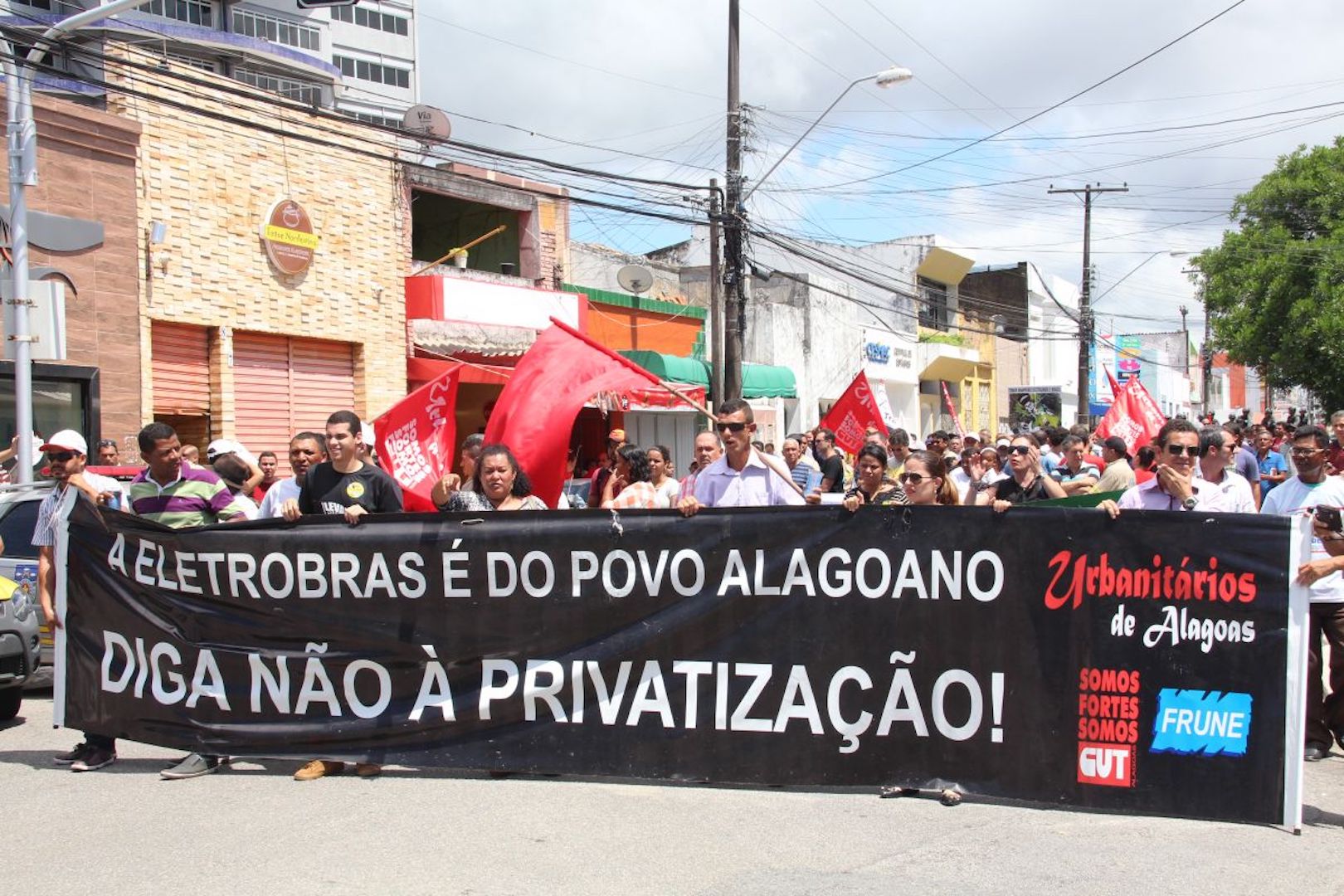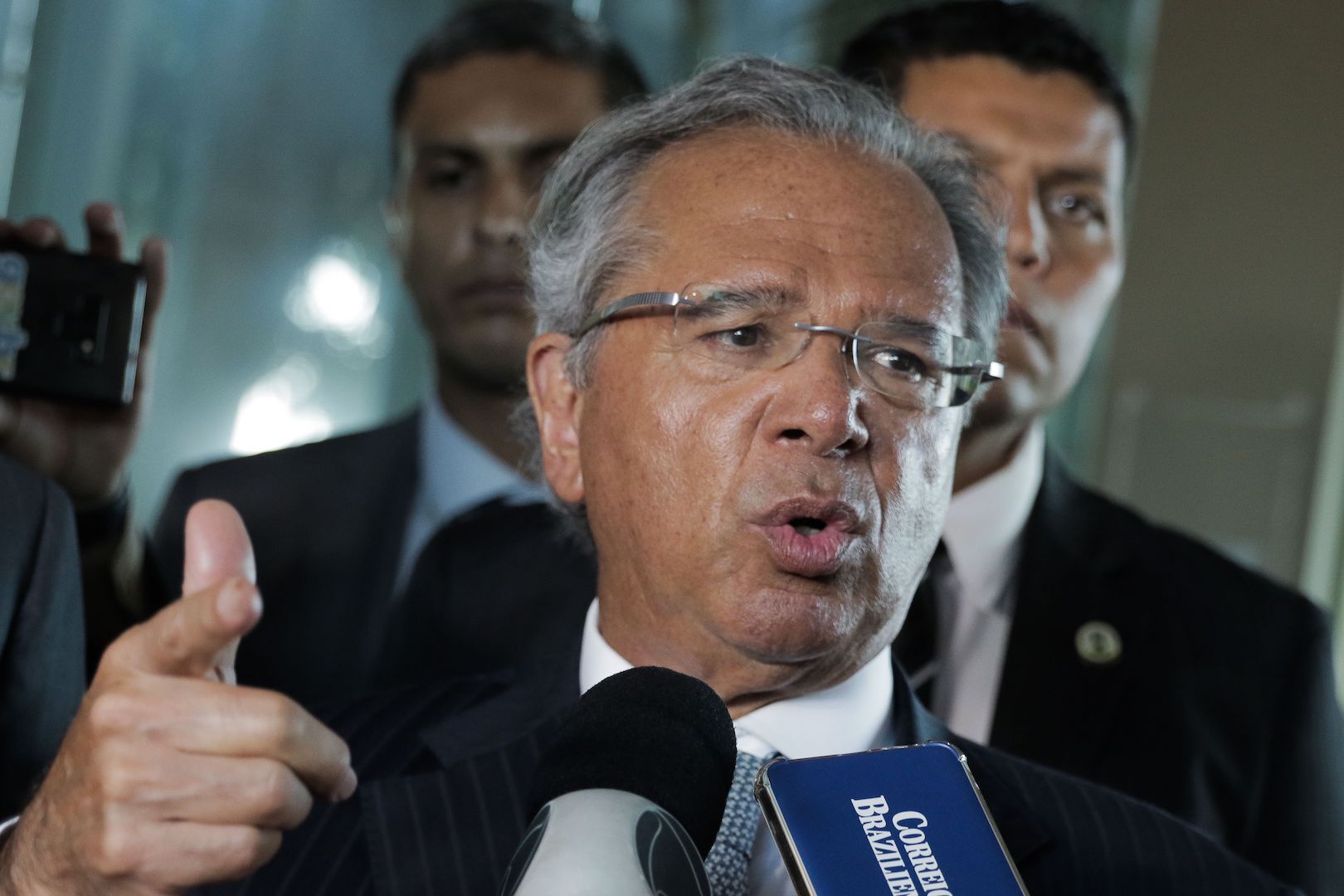SÃO PAULO, BRAZIL – The Ministry of Economy announced on Tuesday, January 14th, that the government intends to sell about 300 public assets in 2020, bringing in over US$36 billion. The assets include state-owned companies, such as Eletrobras, subsidiaries and equity interests.

“A bloated state does not invest, does not let the private sector invest and becomes the focus of political corruption,” declared Economy Minister Paulo Guedes earlier this week.
The expectation of the economic team, according to Privatization Secretary, Salim Mattar, is to reduce from 624 to 327 the number of companies in which the Federal Government has shares. In addition to the 46 state-owned companies, that number includes 151 subsidiaries, 218 related companies and 209 equity ownership interests.
Among the 300 companies being contemplated for privatization, 210 alone would be sold with the privatization of Eletrobras.
According to Mattar, the government’s project would place companies to be privatized directly in the National Privatization Program (PND).
The audacious plan has some analysts wondering if it is possible to sell such a high number of assets and how easy will it be to sell off state-owned companies?
For Edson Goncalves, professor at the Center of Regulation and Infrastructure (CERI) at the Fundação Getulio Vargas (FGV) the most attractive and easiest companies to be privatized by Brazil’s government are in infrastructure.
“Companies from some sectors, such as transportation, rail and electric energy are likely to be privatized this year,” says Goncalves.
The expectation for the area is extremely positive says the professor. Highways, airports, port terminals and railways are likely to attract foreign investors and bids should be high.
Electric energy conglomerate Eletrobras is also expected to be sold. Mattar has reiterated that the main goal this year is to sell Eletrobras’ assets and transfer control of the state-owned company to the private sector.

“To maintain its market share, Eletrobras has to invest US$3.36 billion per year over the next 4 years. The federal government does not have this kind of money,” he said.
For Goncalves, however, the sale of the energy conglomerate is likely to provoke strong resistance from powerful lobbies and employee unions.
“I believe it will be difficult to sell off Eletrobras as is, 100 percent of the company,” he says. “I think an easier way would be to do what Petrobras has been doing: selling off non-core business subsidiaries, with the government remaining only with the energy generation portion of the business.”
Other companies, say Goncalves, are likely to be sold, but not at a high sales price. “The Casa da Moeda (Brazilian Mint) for example. There is no justification to keeping it. It is just a print shop that happens to engrave Brazil’s currency,” says the professor.
Since the beginning of the Bolsonaro administration, one of the priorities of the government has been to sell off state-owned companies which, according to Bolsonaro’s financial team, are a financial burden on the federal government. Now the Bolsonaro administration plans to send Congress a bill to ‘fast-track’ some of these privatizations.
“Today, it takes about two and a half years to privatize. You end the administration and still couldn’t sell (state-owned companies),” Guedes said last week.
“There is a way to accelerate this selling process. The [2020] target depends on the fast track being approved. The fast track is key to achieving that goal. It would be like a shortcut, and the best way to get support,” adds Mattar.
According to Professor Goncalves, the bill should pass through Congress, but is likely to see some resistance. “There are many in Congress who believe that these privatizations are the way to go but there are also pressures from lobbies and unions that have more power than we think. So, there may be some resistance,” says the professor.
According to analysts, public servants employed by these companies have several benefits and privileges (employment stability and early retirement with full salary pensions) that they will lose if the company is purchased by the private sector and for which they will fight to retain.
Another state-owned powerhouse ready to be auctioned off by the government is Brazil’s postal service. “If I could privatize today, I would privatize. But I cannot harm the post office service. That’s it,” President Bolsonaro said last week. The country’s postal service company, Correios, is expected to be sold in 2021.

The start of the privatization process in Brazil started with the government of Fernando Collor de Mello back in 1990. Collor de Mello, however, was able to privatize only a few large state-held companies, like Usiminas, before being impeached in 1992. His successor, Itamar Franco, privatized Brazil’s National Steel Company (CNS), Embraer and some subsidiaries of oil giant Petrobras.
But it was only in the government of Fernando Henrique Cardoso that large, unprofitable state-owned companies were sold off to the private sector. Cardoso received billions of dollars by selling of energy companies (US$22 billion) and telecommunication conglomerates (US$30 billion).
Against the idea of selling off state-owned assets, left-wing President Luiz Inacio Lula da Silva, continued the ‘denationalization’ by promoting concessions of rights in public facilities to the private sector. Thousands of kilometers of the nation’s federal highways were placed under concession during that time.
In 2019, the Bolsonaro government had a goal of raising US$20 billion through the privatization (in whole or in part) of state-owned companies and assets. The goal was exceeded. According to calculations from the government’s economic team, federal privatizations raised US25.32 billion, with the sale of 71 public assets. The sum includes: the sale of US$3.82 billion in BNDESPar’s equity interests; US$3.51 billion in Caixa Economica (state-owned bank) assets, and US$12.11 billion in Petrobras subsidiaries and affiliates.
Now, it plans to go further and reduce the federal government by letting the private sector take some of the burden of running essential companies.
“The privatizations will be successful. Maybe not all (companies) will be sold this year and they may not be able to get what they expect for them, but they will certainly try to sell them for some kind of profit,” concludes Professor Gonçalves.

